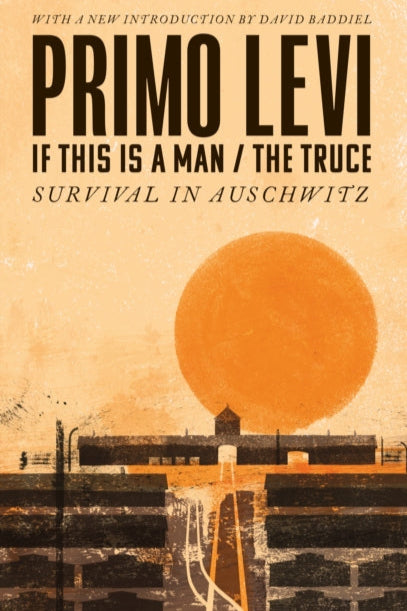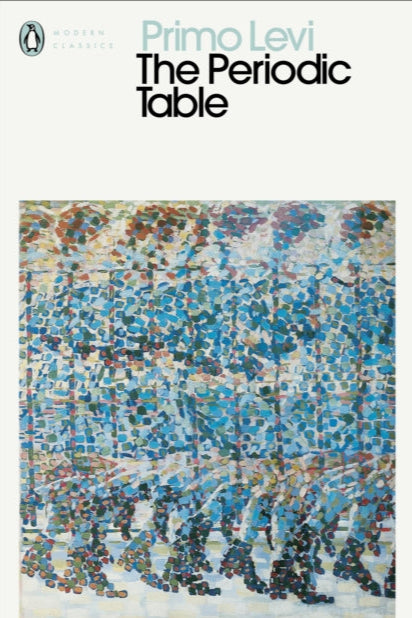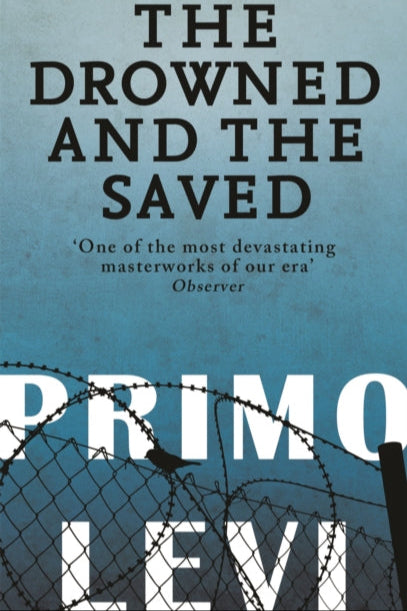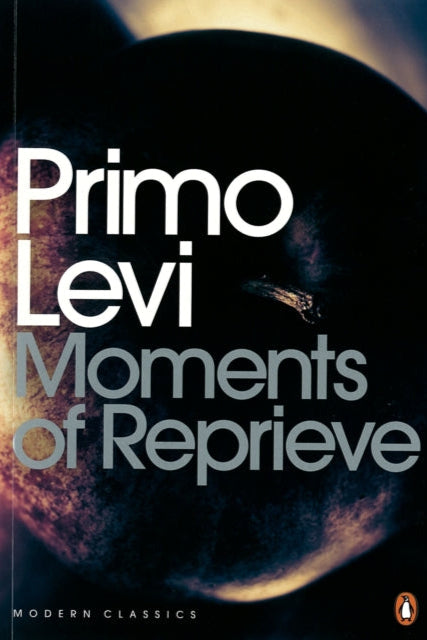Primo Levi
Primo Levi’s writing captures memory, survival, and the search for meaning. If This Is a Man recounts his time in Auschwitz with clarity and restraint. The Drowned and the Saved and Moments of Reprieve reflect on trauma and humanity. The Periodic Table blends autobiography with chemistry, while The Wrench offers philosophical tales of work and craft. This collection is a powerful entry into one of the 20th century’s most essential literary voices.

If This Is a Man - Primo Levi
With the moral stamina and intellectual poise of a twentieth-century Titan, this slightly built, dutiful, unassuming chemist set out systematically to remember the German hell on earth, steadfastly to think it through, and then to render it comprehensible in lucid, unpretentious prose. He was profoundly in touch with the minutest workings of the most endearing human events and with the most contemptible. What has survived in Levi's writing isn't just his memory of the unbearable, but also, in The Periodic Table and The Wrench, his delight in what made the world exquisite to him.

The Periodic Table - Primo Levi
Primo Levi's The Periodic Table is a collection of short stories that elegantly interlace the author's experiences in Fascist Italy, and later in Auschwitz, with his passion for scientific knowledge and discovery. This Penguin Modern Classics edition of is translated by Raymond Rosenthal with an essay on Primo Levi by Philip Roth. A chemist by training, Primo Levi became one of the supreme witnesses to twentieth-century atrocity.

The Wrench - Primo Levi
'This is not a book for journalists. Civil servants, too, will feel uneasy while reading it, and as for lawyers, they will never sleep again. For it is about a man in his capacity as homo faber, a maker of things with his hands, and what has any of us ever made but words. I say it is "about" the man who makes; truly, it is more a hymn of praise than a description, and not only because the toiler who is the hero of the book is a hero indeed - a figure, in his humanity, simplicity, worthy of inclusion in the catalogue of mythical giants alongside Hercules, Atlas, Gargantua and Orion. He is Faussone, a rigger'. Bernard Levin, The Times

The Drowned and the Saved - Primo Levi
Shortly after completing The Drowned and the Saved, Primo Levi committed suicide. The manner of his death was sudden, violent and unpremeditated, and there are some who argue that he kiled himself because he was tormented by guilt - guilt that he had survived the horrors of Auschwitz while others, better than he, had gone to the wall. The Drowned and the Saved dispels the myth that Primo Levi forgave the Germans for what they did to his people.

Moments of Reprieve - Primo Levi
Primo Levi was one of the most astonishing voices to emerge from the twentieth century: a man who survived one of the ugliest times in history, yet who was able to describe his own Auschwitz experience with an unaffected tenderness. Levi was a master storyteller but he did not write fairytales. These stories are an elegy to the human figures who stood out against the tragic background of Auschwitz, 'the ones in whom I had recognized the will and capacity to react, and hence a rudiment of virtue'.
